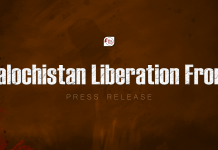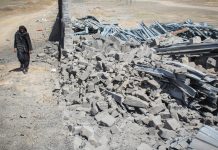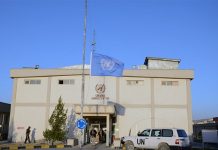A global financial watchdog on Friday warned Iran to clamp down on terrorism financing by February
According to the details, Tehran, already hurt by a resumption of US sanctions, this month approved a bill to help meet demands imposed by the Financial Action Task Force (FATF).
But nine of the 10 “action plan” items needed to remove Iran from an FATF blacklist have yet to be adopted by Tehran, according to Marshall Billingslea, the US assistant treasury secretary for terrorist financing.
“We expect that they will have adopted all these measures by February,” said Billingslea.
Billingslea said if measures were not adopted by February next year, the FATF will take further steps to protect against the risks from Iran’s lack of action.
The other parties to the deal — Britain, France, Germany, China and Russia — have sought to salvage the agreement and maintain trade with Iran, but have demanded that it accede to the FATF.
Among the further steps demanded by the FATF, originally an initiative of the G7 nations, was for Iran to identify and freeze extremist assets in line with UN Security Council resolutions.
In a statement, the FATF said it will review Iran’s remaining legislation once it is in place to determine whether Tehran had met its demands.
It urged FATF members to exercise heightened checks on transactions involving Iranian businesses and nationals.
Iran is one of only two countries on the FATF blacklist.
The other is North Korea, and Friday’s statement reiterated “serious concerns” about the Asian country’s illicit activities to finance its missile and nuclear programs.






























